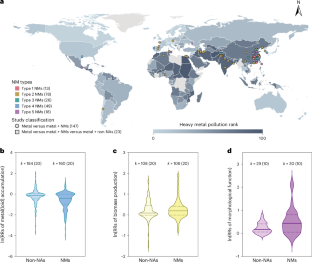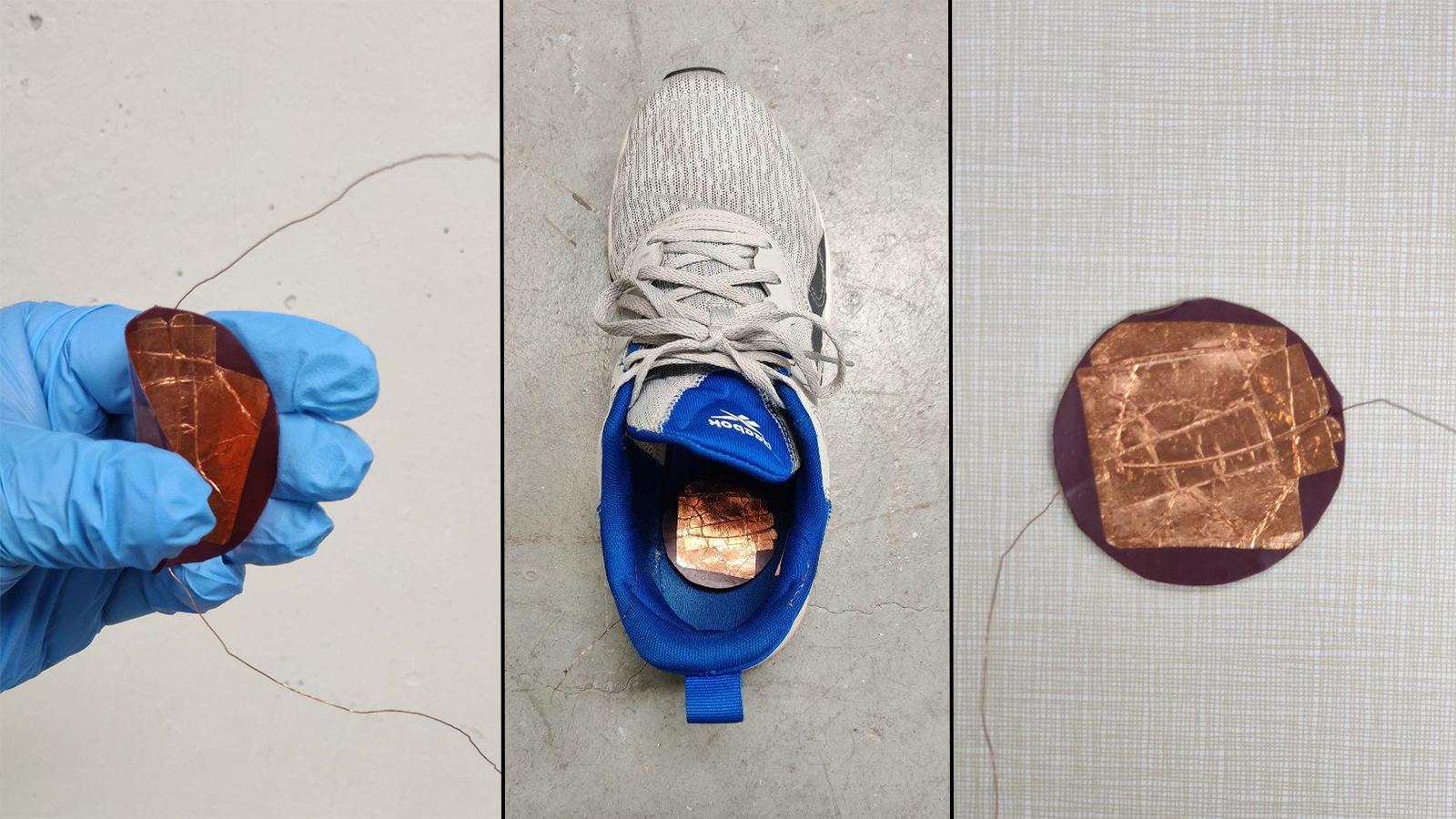2024-10-15 マサチューセッツ大学アマースト校
<関連情報>
- https://www.umass.edu/news/article/nano-nutrients-can-blunt-effects-soil-contamination-boost-crop-yields
- https://www.nature.com/articles/s43016-024-01063-1
工学的ナノ材料が金属(ロイド)蓄積を減少させ、持続可能な農業のための主食生産を強化する Engineered nanomaterials reduce metal(loid) accumulation and enhance staple food production for sustainable agriculture
Yini Cao,Chuanxin Ma,Jason C. White,Yuchi Cao,Fan Zhang,Ran Tong,Hao Yu,Yi Hao,Wende Yan,Melanie Kah &Baoshan Xing
Nature Food Published:11 October 2024
DOI:https://doi.org/10.1038/s43016-024-01063-1

Abstract
Metal(loid) contaminants in food pose a global health concern. This study offers a global analysis of the impact of nanomaterials (NMs) on crop responses to metal(loid) stresses. Our findings reveal that NMs have a positive effect on the biomass production of staple crops (22.8%), while showing inhibitory effects on metal(loid) accumulation in plants (−38.3%) and oxidative damage (−21.6%) under metal(loid) stress conditions. These effects are influenced by various factors such as NM dose, exposure duration, size and composition. Here we introduce a method using interval-valued intuitionistic fuzzy values by integrating the technique for order preference by similarity to an ideal solution and entropy weights to compare the effectiveness of different NM application patterns. These results offer practical insights for the application of NMs in similar multi-criteria decision-making scenarios, contributing to sustainable agriculture and global food safety.



